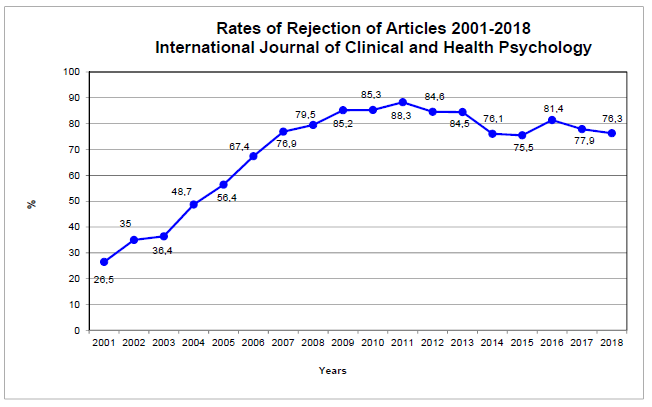There have been a small number of investigations of alexithymia in multiple sclerosis (MS) using the 20-item Toronto Alexithymia Scale (TAS-20). However, the TAS-20 factor structure has not yet been evaluated in a MS patient sample, and earlier Spanish translations of this instrument require some improvement. We aimed to evaluate the factorial validity and reliability of an improved Spanish translation of the TAS-20 (the TAS-20-S). The TAS-20-S was completed by 221 MS patients. Confirmatory factor analysis was used to compare the fit of six different factor models. Internal consistency and retest reliability coefficients were also computed. The correlated three-factor model and the higher-order factor model made up of Difficulty Identifying Feelings, Difficulty Describing Feelings, and Externally Oriented Thinking achieved the best fit. Alpha coefficients ranged between .87 and .67; mean inter-item correlations ranged between .48 and .20; and retest correlations after 6 months ranged between .61 and .52. A high degree of alexithymia was present in 18.1% of the sample. Reliability and the traditional three-factor structure were demonstrated for the TAS-20-S, which can now be recommended for assessing an aspect of emotional processing in MS patients.
En la esclerosis múltiple (EM) son escasas las investigaciones centradas en evaluar la alexitimia con la Escala de Alexitimia de Toronto (TAS-20). A pesar de ello, no se ha evaluado aún su estructura factorial en dicha población y, además, las anteriores traducciones al español necesitan modificaciones. Los objetivos del presente estudio fueron evaluar la validez factorial y la fiabilidad de una traducción mejorada en español de la TAS-20 (la TAS-20-S), la cual fue administrada en una muestra de 221 pacientes con EM. Se realizaron análisis factoriales confirmatorios para comparar el ajuste de seis modelos factoriales. También se calcularon coeficientes de consistencia interna y de fiabilidad test-retest. Los modelos trifactorial correlacionado y el de orden superior conformados por Dificultad en Identificar Sentimientos, Dificultad en Describir Sentimientos y Pensamiento Externamente Orientado lograron el mejor ajuste. Los coeficientes alfa oscilaron entre 0,87 y 0,67; las correlaciones medias inter-ítem entre 0,48 y 0,20; y las correlaciones test-retest tras 6 meses oscilaron entre 0,61 y 0,52. El 18,10% de la muestra presentó niveles elevados de alexitimia. La TAS-20-S presentó una adecuada fiabilidad así como la tradicional estructura trifactorial, por lo que su uso es ahora recomendable para evaluar un aspecto del procesamiento emocional en EM.





